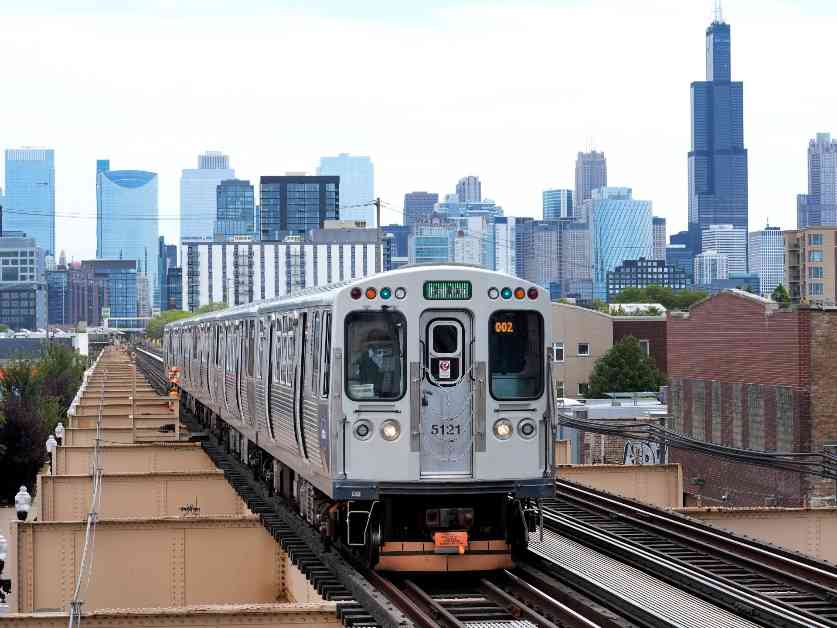Chicago’s Significance for the Democratic National Convention
As the Democratic National Convention approaches, the city of Chicago holds a special significance for the party. Known for its history of representing Democratic ideals, Chicago has also been a focal point for highlighting the party’s failings and divisions. The upcoming convention is overshadowed by the specter of the 1968 Democratic National Convention in Chicago, which ended in unrest and violence, reflecting the challenges faced by the party then and now.
The Turbulent 1968 Convention
In 1968, the Democratic Party was grappling with issues of police violence, racial inequality, and an unpopular war in Vietnam, mirroring the challenges faced by the party in the present day. The assassination of Senator Robert F. Kennedy just months before the convention left the party in disarray, with the widely expected nominee no longer in the running. Hubert Humphrey, who had not won a single primary, emerged as the nominee amidst internal party turmoil.
The Vietnam War was a central point of contention at the 1968 convention, deepening divisions within the party and setting the stage for clashes between protesters and law enforcement. The streets of Chicago became a battleground as demonstrators voiced their frustrations and faced off against police, leading to violent confrontations that were etched into the national consciousness. Don Rose, the media spokesman for the National Mobilization Committee to End the War in Vietnam, witnessed the brutal beatings of protesters during the convention, emphasizing the importance of allowing peaceful protests and upholding First Amendment rights.
Lessons Learned and Current Challenges
Reflecting on the events of 1968, Don Rose believes that the present-day Democratic Party should learn from the mistakes of the past and ensure that protesters are given the opportunity to voice their concerns peacefully. As questions arise about how to respond to protesters at the upcoming convention, the party faces internal rifts between centrists advocating for a stricter approach to criminal justice and progressives seeking reform and an end to police misconduct.
The 2024 convention in Chicago is expected to draw protesters voicing their opposition to Democratic support for Israel’s actions in Gaza, as well as scrutinizing Governor Walz’s handling of racial justice protests in Minnesota. The divide within the party reflects broader tensions between different factions, with the Harris-Walz ticket generating optimism but also facing scrutiny over past responses to social justice issues.
The Harris-Walz Campaign and Protest Dynamics
Despite the potential for protests outside the convention, the Harris-Walz campaign’s momentum may overshadow dissenting voices within the party. While protesters are likely to voice their grievances, the overwhelming enthusiasm for the Democratic ticket could minimize the impact of demonstrations outside the convention venue. The clash between differing viewpoints within the party underscores the need for unity and dialogue to address the complex challenges facing the Democratic Party in Chicago and beyond.
As the Democratic National Convention approaches, the echoes of past conventions in Chicago serve as a reminder of the party’s resilience in the face of adversity. By acknowledging the lessons learned from history and embracing the diversity of perspectives within the party, Democrats can navigate the complexities of contemporary politics and strive towards a more inclusive and unified future. Chicago’s significance for the Democratic National Convention lies not only in its storied past but also in its potential to shape the party’s trajectory in the years to come.



























